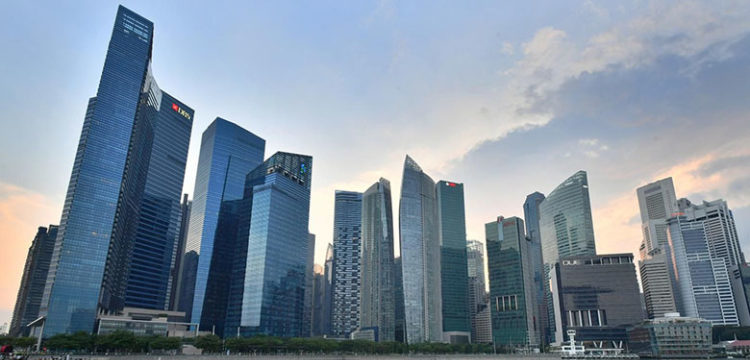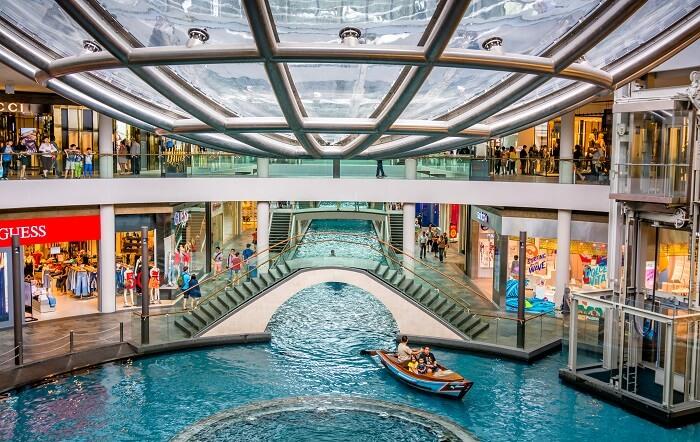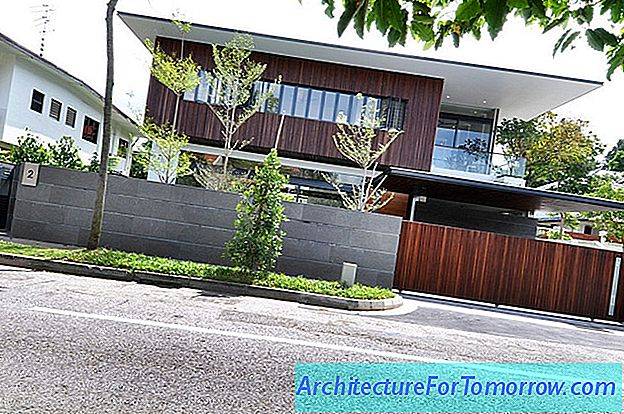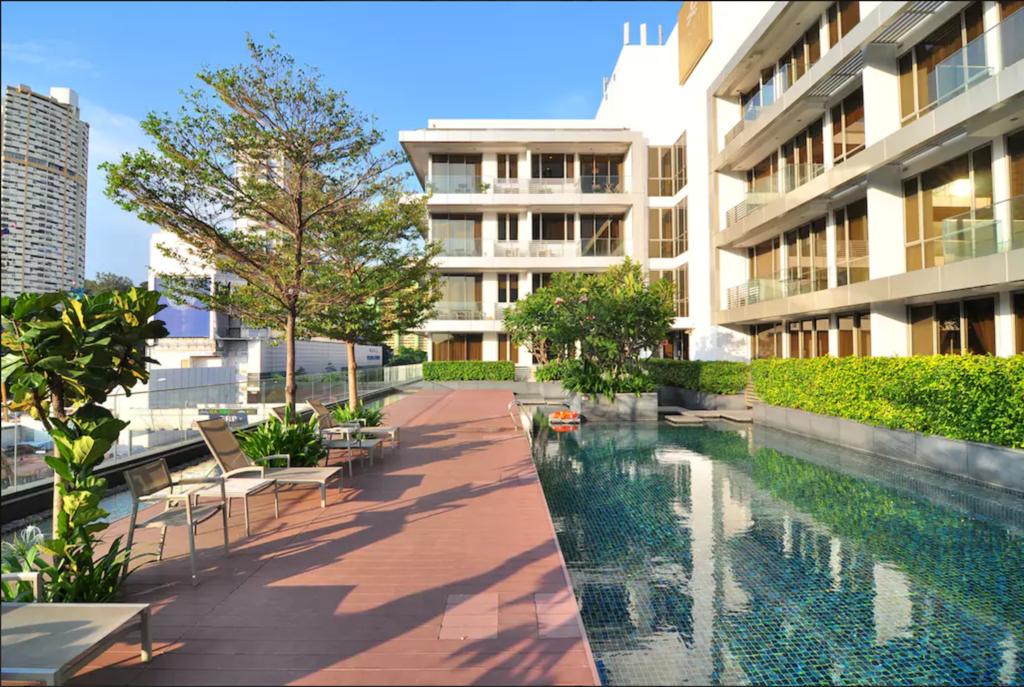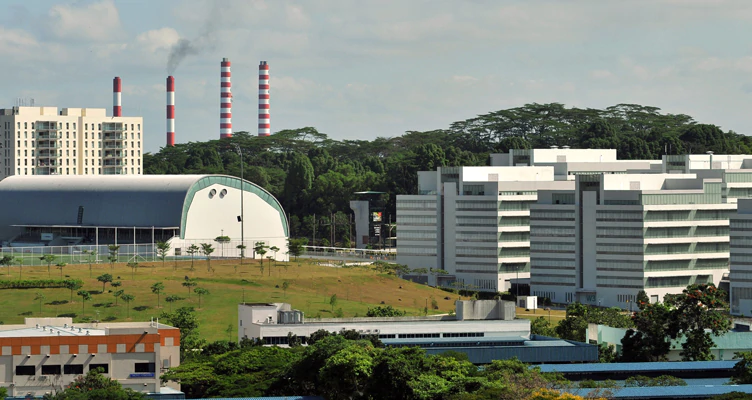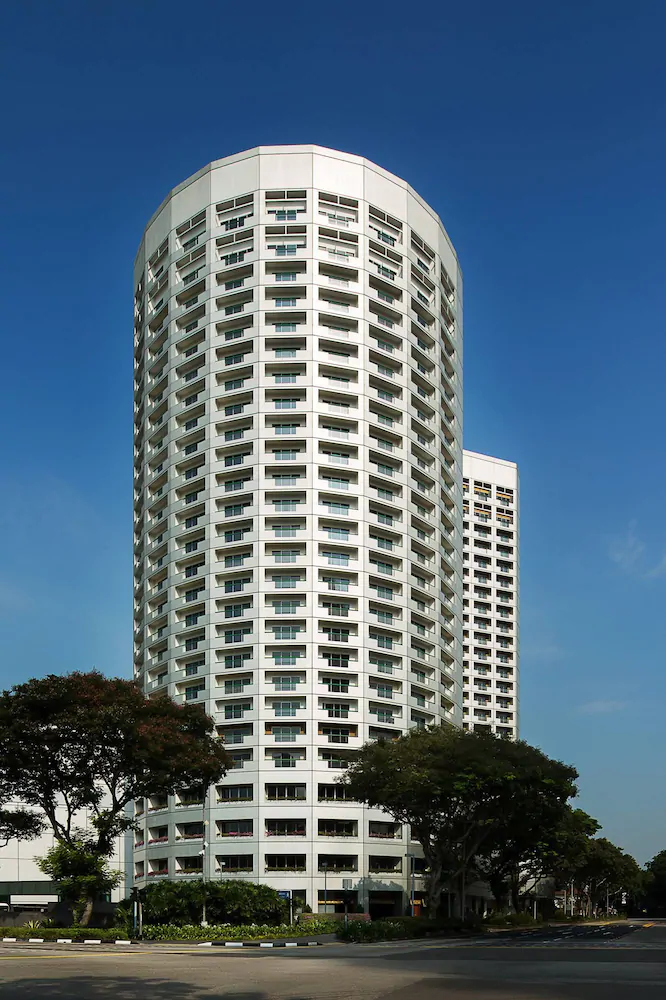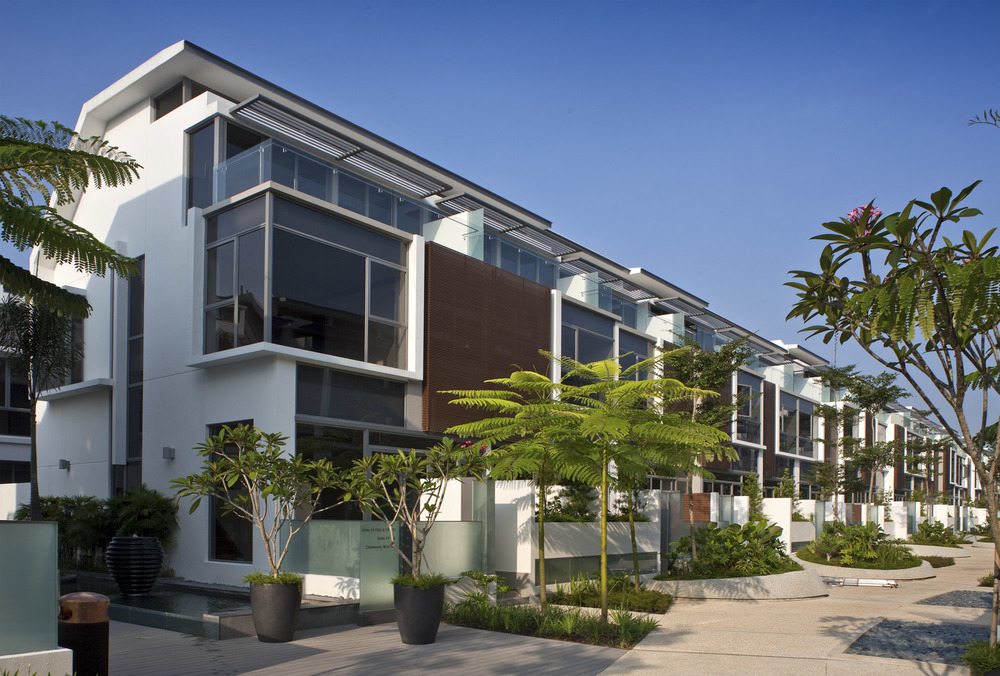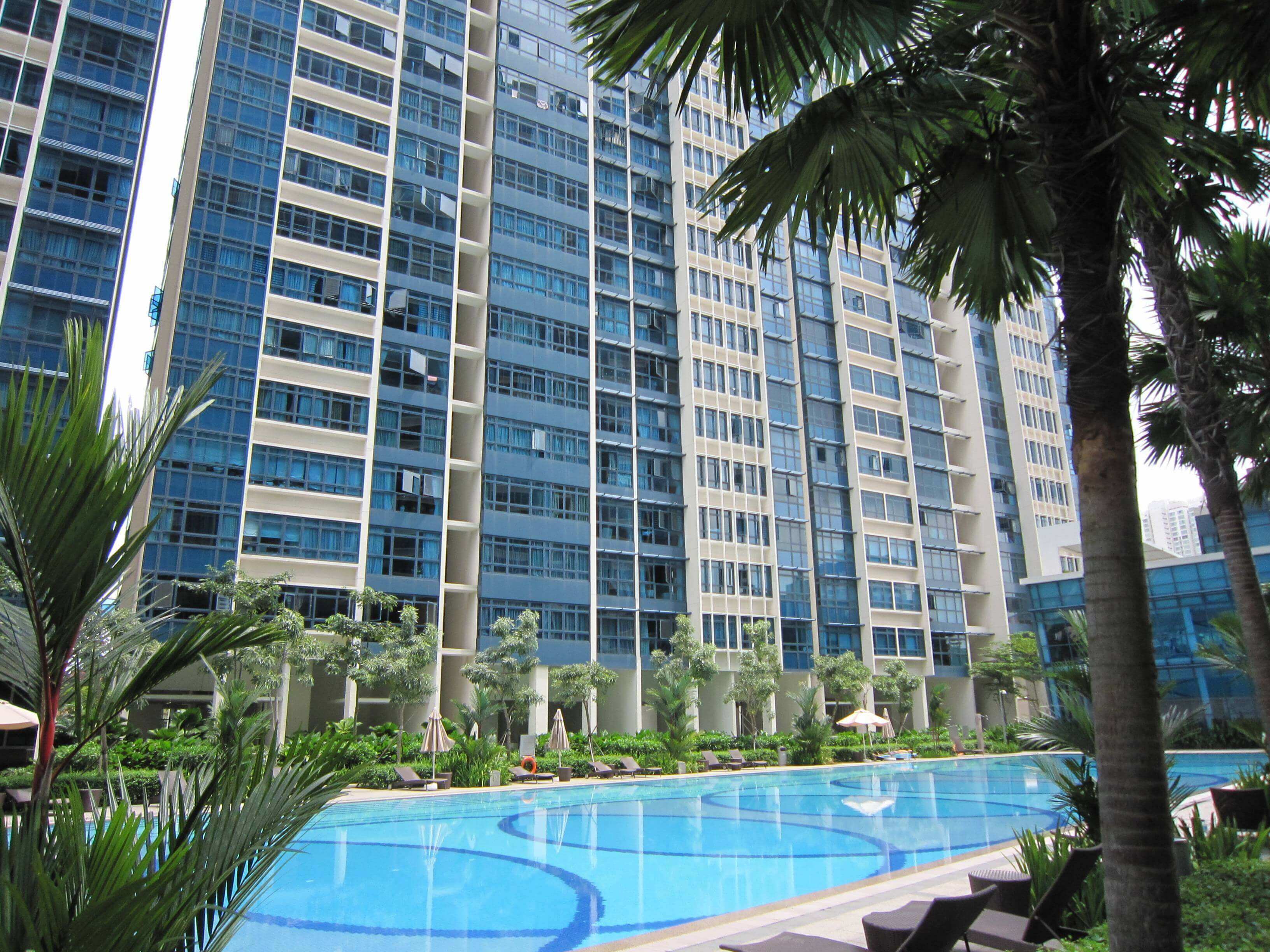
SINGAPORE OFFICE RENTS MAY DIP 5% IN 2021 AND MORE ASIA REAL ESTATE HEADLINES
Property consultancy Knight Frank is expecting office rents in Singapore to fall by around 5 percent in 2021 before bottoming out and recovering in the following year, barring new strains of the COVID-19 virus and consequent lockdowns.
This comes amid a projected 5.3 million square feet of new supply islandwide from Q4 2020 to 2023, with central business district occupancy for the period estimated to hit 94.1 percent and overall prime office rents to average S$10.16 ($7.62) per square foot per month.
19 Best Places For Shopping In Singapore
If you are a shopaholic who is traveling to Singapore, rush to these places to have the best shopping experience in Singapore. This Singapore shopping guide will come in handy for you. Get all of your answers to where to shop in Singapore right here!
- Orchard Road – Vibrant Shopping
- Marina Bay – Shopping Spree Exemplified
- Chinatown – Steal Prices
- Little India – Sari, Spice, And Everything Nice
- VivoCity – Gallery For Lifestyle
- Haji Lane – Boutiques Street
- Clarke Quay – Shopping For The Fashionistas
- IMM – Home And Clothing
- Bugis Street – Flea Market
- Holland Village – One Stop Shop
- City Plaza – Fine Shopping Experience
- Lucky Plaza – Shopping Experience Redefined
- Scape Underground – Centre For Youth
- Anchorpoint Shopping Centre – Affordable Shopping
- Tanglin Mall Bazaar – Vintage Accessories And Retro Clothing
- Mustafa Centre – Lowest Prices Ever
- Far East Plaza – All The Fashion Trends
- Pasarbella – Best Farmer’s Market
- The Editor’s Market – Brands On A Budget
Two Bedroom in Chinatown above
Located in the vibrant district of Chinatown, Two Bedroom in Chinatown above MRT offers accommodations in Singapore. It features an outdoor swimming pool. Free WiFi is offered in all rooms.
It is 650 m to Chinatown Complex and 900 m to Sri Mariamman Temple. Chinatown MRT Station is 700 m from the property, while Buddha Tooth Relic Temple and Museum is 750 m away. It is a 22.2 km drive to Changi International Airport.
Each air-conditioned unit features a private balcony that opens up to views of the city. The separate seating area is fitted with a flat-screen cable TV and a sofa. The kitchen is equipped with an oven and a washing machine. The en suite bathroom includes shower and free toiletries.
Other facilities include a fitness centre and a children's pool. Guests can rent bicycles and there are a variety of shopping and dining options to explore in the surrounding area.
Industrial Real Estate (Singapore)
We believe that the outlook for Singapore’s industrial sector will remain stable in the immediate term with a slight increase in 2019 as it started to bottom out from 2018 onwards on the back of abating supply risk. Rental rates have reversed from the downtrend in 2019 to a positive rental status going forward, where rates are expected to increase by 1.5% on average. Vacancy rates are expected to drop going forward, with the exception of a rise in 2020F.
Singapore’s Manufacturing sector has been showing signs of activity rebound recently with the country’s Purchasing Managers’ Index (PMI) as it achieved an expansion in Dec 2019 after 7 months of consecutive contraction. December reading increased 0.3 points from the previous month to post a marginal expansion at 50.1. The Singapore Institute of Purchasing and Materials Management (SIPMM), which compiles the PMI, said the increase in the latest reading was due to an increased growth in new orders, new exports, factory output, inventory and employment levels. The sector also expects more robust business activities going forward, following the easing of trade tensions between US and China.
Further, the electronics sector recorded an improvement of 0.2 point from November 2019. However, it still continued to post a contracted reading of 49.9.
According to SPIMM, expansion in this segment is expected around the middle of 2020 as the global 5G rollout will boost the demand for semiconductor chips. Electronics sector is expected to be the driver of manufacturing sector in 2020.
To read the full report click the download link below.
Companies We Cover
What Could Happen to Singapore Property in a 2020 Downturn?
We’re expecting a potential recession in 2020, unless the US and China can sort out their differences. Right now, that seems about as probable as losing weight on a pure ghee diet. So let’s look at what could happen:
1. There’s a good chance property loan rates will stop rising (and maybe even dip)
This won’t be any of our doing; the likely cause will be the American Federal Reserve (the Fed). The Fed lowers interest rates when the economy goes bad, as a stimulus measure. This was what happened during the last financial crisis in 2008, and it sent home loans rates to record lows for the past decade.
So far, the Fed has been steadily rising rates again as the US economy recovers. In Singapore, this has led to the Singapore Interbank Offered Rate (SIBOR) having more than doubled over the last few years. Had the US economy continued to improve, we would expect the rates to just steadily go up until the day it comes close to historical norms (that’s about 3.7 to four per cent per annum).
Now however, the rate hikes have stopped. This is mostly due to the effects of the Sino-US trade war, and worries about its impact on the US working class (in particular those in agriculture, such as farmhands). If the economy nosedives in 2020, the Fed may even lower interest rates to compensate.
This means Singapore’s property loans are likely to stay at current levels, or perhaps even dip, because of trade tensions.
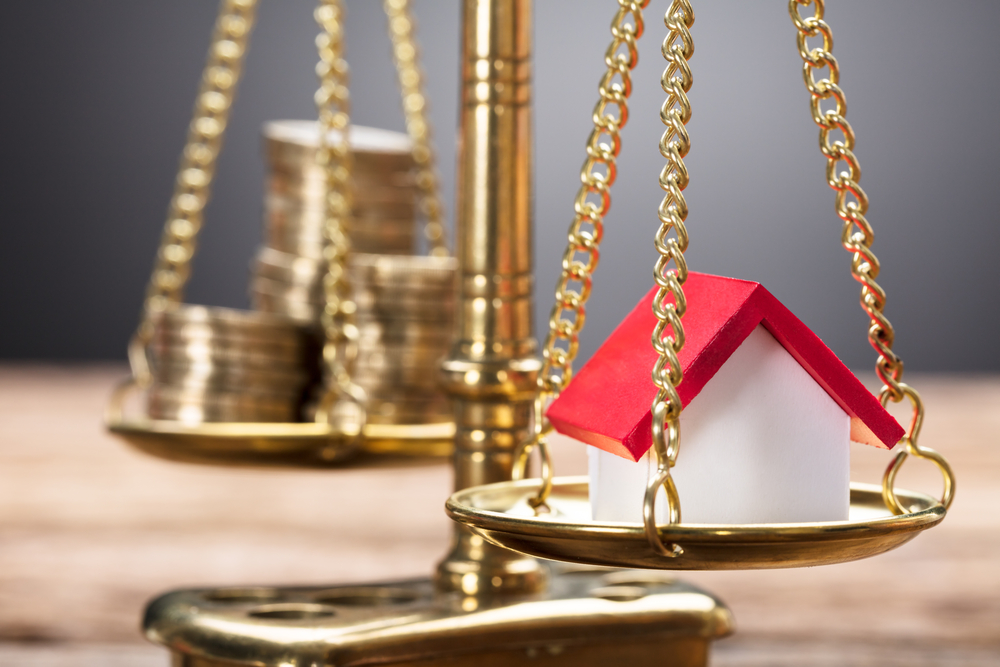
Property loan rates will stop rising or even dip during the downturn.
2. The CCR properties will likely take the first hit
The Core Central Region (CCR) is characterised by high-end, luxury properties; many of which are not owner-occupied. These properties are often in the hands of landlords, who rent them out to well-heeled expatriates. But because of the tenant demographic, this segment is often the first to be affected by a bad economy.
We tend to see the same pattern among big companies in a downturn:
- They turn from hiring expatriates, to hiring locals instead (yay!) because locals are cheaper (damn it!)
- Housing allowances start to shrink
- They reassign expatriates who are already here to save costs; that means sending them home, or sending them to cheaper places from which they can still run the region (e.g. a director of operations for South East Asia can just as easily be housed in Thailand or Indonesia)
All of this reduces the flow of affluent expatriate tenants, and raises vacancies in luxury units. Landlords, who sometimes find they can no longer cover taxes and maintenance without a tenant, are quick to offload these high-end properties. This is a pattern that we last saw in 2014, during the oil price slump.
This isn’t to say all luxury properties will take a hit, however. Those with truly prime locations (e.g. right on Orchard Road) may be more recession-resistant, as there’s always demand for them.

Expatriates may be redeployed to other countries, leaving rented luxurious houses empty.
3. On the commercial side, office rentals will take a hit
For the same reasons stated in point 2, office rentals tend to slide in a downturn. Companies stop expanding, so there’s no need for more office space. Likewise, there’s a smaller rush of SMEs and start-ups trying to go cross-border (although these days, it’s mainly co-working spaces that take the brunt of losing this demographic).
We don’t believe, however, that there will be a rush to sell off such office spaces. Most tenants will still renew their lease (companies tend not to move to smaller offices even if they downsize, unless their situation is dire). But landlords should be prepared for tenants to push for more concessions.
This may be sufficient for investors to reconsider commercial property purchases, despite the lack of ABSD.
4. Developers are likely to put-off further en bloc sales
There’s already worry about oversupply, thanks to the rise of mega projects like the former Normanton Park. Many of the collective sales of 2017 will also be up and ready by 2020, thus creating an ample supply of private homes. Along with the downturn and raised Additional Buyers Stamp Duty (ABSD) for developers, we probably won’t see much appetite for big collective sales.
If any do occur, developers are likely to target smaller land plots, where they’re confident of being able to finish (and fully sell off) the project within ABSD deadlines. Those living in larger developments will have to wait out the storm.

Larger developments have to be put off first.
Strictly within the context of property, this favours genuine home buyers
Home prices aren’t going to rise as fast, nor are interest rates; this sort of scenario is helpful to home buyers (but this doesn’t take into account how jobs and hence incomes will be affected). Investors, however, are likely to look for alternatives. We don’t think there will be a rush to sell (Singapore landlords have a lot of holding power, and some consider Singapore property as much as safe haven as gold). But there’s not going to be a rush to buy either; and the situation won’t do any favours for an already weak rental market.
Are you worried about the coming recession? Voice your thoughts in our comments section or on our Facebook community page.
Looking for a property? Find the home of your dreams today on Singapore’s largest property portal 99.co! You can also access a wide range of tools to calculate your down payments and loan repayments, to make an informed purchase.
Reader Interactions
Leave a comment
Your email address will not be published. Required fields are marked *
We’re expecting a potential recession in 2020, unless the US and China can sort out their differences. Right now, that seems about as probable as losing weight on a pure ghee diet. So let’s look at what could happen:
1. There’s a good chance property loan rates will stop rising (and maybe even dip)
This won’t be any of our doing; the likely cause will be the American Federal Reserve (the Fed). The Fed lowers interest rates when the economy goes bad, as a stimulus measure. This was what happened during the last financial crisis in 2008, and it sent home loans rates to record lows for the past decade.
So far, the Fed has been steadily rising rates again as the US economy recovers. In Singapore, this has led to the Singapore Interbank Offered Rate (SIBOR) having more than doubled over the last few years. Had the US economy continued to improve, we would expect the rates to just steadily go up until the day it comes close to historical norms (that’s about 3.7 to four per cent per annum).
Now however, the rate hikes have stopped. This is mostly due to the effects of the Sino-US trade war, and worries about its impact on the US working class (in particular those in agriculture, such as farmhands). If the economy nosedives in 2020, the Fed may even lower interest rates to compensate.
This means Singapore’s property loans are likely to stay at current levels, or perhaps even dip, because of trade tensions.

Property loan rates will stop rising or even dip during the downturn.
2. The CCR properties will likely take the first hit
The Core Central Region (CCR) is characterised by high-end, luxury properties; many of which are not owner-occupied. These properties are often in the hands of landlords, who rent them out to well-heeled expatriates. But because of the tenant demographic, this segment is often the first to be affected by a bad economy.
We tend to see the same pattern among big companies in a downturn:
- They turn from hiring expatriates, to hiring locals instead (yay!) because locals are cheaper (damn it!)
- Housing allowances start to shrink
- They reassign expatriates who are already here to save costs; that means sending them home, or sending them to cheaper places from which they can still run the region (e.g. a director of operations for South East Asia can just as easily be housed in Thailand or Indonesia)
All of this reduces the flow of affluent expatriate tenants, and raises vacancies in luxury units. Landlords, who sometimes find they can no longer cover taxes and maintenance without a tenant, are quick to offload these high-end properties. This is a pattern that we last saw in 2014, during the oil price slump.
This isn’t to say all luxury properties will take a hit, however. Those with truly prime locations (e.g. right on Orchard Road) may be more recession-resistant, as there’s always demand for them.

Expatriates may be redeployed to other countries, leaving rented luxurious houses empty.
3. On the commercial side, office rentals will take a hit
For the same reasons stated in point 2, office rentals tend to slide in a downturn. Companies stop expanding, so there’s no need for more office space. Likewise, there’s a smaller rush of SMEs and start-ups trying to go cross-border (although these days, it’s mainly co-working spaces that take the brunt of losing this demographic).
We don’t believe, however, that there will be a rush to sell off such office spaces. Most tenants will still renew their lease (companies tend not to move to smaller offices even if they downsize, unless their situation is dire). But landlords should be prepared for tenants to push for more concessions.
This may be sufficient for investors to reconsider commercial property purchases, despite the lack of ABSD.
4. Developers are likely to put-off further en bloc sales
There’s already worry about oversupply, thanks to the rise of mega projects like the former Normanton Park. Many of the collective sales of 2017 will also be up and ready by 2020, thus creating an ample supply of private homes. Along with the downturn and raised Additional Buyers Stamp Duty (ABSD) for developers, we probably won’t see much appetite for big collective sales.
If any do occur, developers are likely to target smaller land plots, where they’re confident of being able to finish (and fully sell off) the project within ABSD deadlines. Those living in larger developments will have to wait out the storm.

Larger developments have to be put off first.
Strictly within the context of property, this favours genuine home buyers
Home prices aren’t going to rise as fast, nor are interest rates; this sort of scenario is helpful to home buyers (but this doesn’t take into account how jobs and hence incomes will be affected). Investors, however, are likely to look for alternatives. We don’t think there will be a rush to sell (Singapore landlords have a lot of holding power, and some consider Singapore property as much as safe haven as gold). But there’s not going to be a rush to buy either; and the situation won’t do any favours for an already weak rental market.
Are you worried about the coming recession? Voice your thoughts in our comments section or on our Facebook community page.
Looking for a property? Find the home of your dreams today on Singapore’s largest property portal 99.co! You can also access a wide range of tools to calculate your down payments and loan repayments, to make an informed purchase.
Reader Interactions
Leave a comment
Your email address will not be published. Required fields are marked *
We’re expecting a potential recession in 2020, unless the US and China can sort out their differences. Right now, that seems about as probable as losing weight on a pure ghee diet. So let’s look at what could happen:
1. There’s a good chance property loan rates will stop rising (and maybe even dip)
This won’t be any of our doing; the likely cause will be the American Federal Reserve (the Fed). The Fed lowers interest rates when the economy goes bad, as a stimulus measure. This was what happened during the last financial crisis in 2008, and it sent home loans rates to record lows for the past decade.
So far, the Fed has been steadily rising rates again as the US economy recovers. In Singapore, this has led to the Singapore Interbank Offered Rate (SIBOR) having more than doubled over the last few years. Had the US economy continued to improve, we would expect the rates to just steadily go up until the day it comes close to historical norms (that’s about 3.7 to four per cent per annum).
Now however, the rate hikes have stopped. This is mostly due to the effects of the Sino-US trade war, and worries about its impact on the US working class (in particular those in agriculture, such as farmhands). If the economy nosedives in 2020, the Fed may even lower interest rates to compensate.
This means Singapore’s property loans are likely to stay at current levels, or perhaps even dip, because of trade tensions.

Property loan rates will stop rising or even dip during the downturn.
2. The CCR properties will likely take the first hit
The Core Central Region (CCR) is characterised by high-end, luxury properties; many of which are not owner-occupied. These properties are often in the hands of landlords, who rent them out to well-heeled expatriates. But because of the tenant demographic, this segment is often the first to be affected by a bad economy.
We tend to see the same pattern among big companies in a downturn:
- They turn from hiring expatriates, to hiring locals instead (yay!) because locals are cheaper (damn it!)
- Housing allowances start to shrink
- They reassign expatriates who are already here to save costs; that means sending them home, or sending them to cheaper places from which they can still run the region (e.g. a director of operations for South East Asia can just as easily be housed in Thailand or Indonesia)
All of this reduces the flow of affluent expatriate tenants, and raises vacancies in luxury units. Landlords, who sometimes find they can no longer cover taxes and maintenance without a tenant, are quick to offload these high-end properties. This is a pattern that we last saw in 2014, during the oil price slump.
This isn’t to say all luxury properties will take a hit, however. Those with truly prime locations (e.g. right on Orchard Road) may be more recession-resistant, as there’s always demand for them.

Expatriates may be redeployed to other countries, leaving rented luxurious houses empty.
3. On the commercial side, office rentals will take a hit
For the same reasons stated in point 2, office rentals tend to slide in a downturn. Companies stop expanding, so there’s no need for more office space. Likewise, there’s a smaller rush of SMEs and start-ups trying to go cross-border (although these days, it’s mainly co-working spaces that take the brunt of losing this demographic).
We don’t believe, however, that there will be a rush to sell off such office spaces. Most tenants will still renew their lease (companies tend not to move to smaller offices even if they downsize, unless their situation is dire). But landlords should be prepared for tenants to push for more concessions.
This may be sufficient for investors to reconsider commercial property purchases, despite the lack of ABSD.
4. Developers are likely to put-off further en bloc sales
There’s already worry about oversupply, thanks to the rise of mega projects like the former Normanton Park. Many of the collective sales of 2017 will also be up and ready by 2020, thus creating an ample supply of private homes. Along with the downturn and raised Additional Buyers Stamp Duty (ABSD) for developers, we probably won’t see much appetite for big collective sales.
If any do occur, developers are likely to target smaller land plots, where they’re confident of being able to finish (and fully sell off) the project within ABSD deadlines. Those living in larger developments will have to wait out the storm.

Larger developments have to be put off first.
Strictly within the context of property, this favours genuine home buyers
Home prices aren’t going to rise as fast, nor are interest rates; this sort of scenario is helpful to home buyers (but this doesn’t take into account how jobs and hence incomes will be affected). Investors, however, are likely to look for alternatives. We don’t think there will be a rush to sell (Singapore landlords have a lot of holding power, and some consider Singapore property as much as safe haven as gold). But there’s not going to be a rush to buy either; and the situation won’t do any favours for an already weak rental market.
Are you worried about the coming recession? Voice your thoughts in our comments section or on our Facebook community page.
Looking for a property? Find the home of your dreams today on Singapore’s largest property portal 99.co! You can also access a wide range of tools to calculate your down payments and loan repayments, to make an informed purchase.
Reader Interactions
Leave a comment
Your email address will not be published. Required fields are marked *
We’re expecting a potential recession in 2020, unless the US and China can sort out their differences. Right now, that seems about as probable as losing weight on a pure ghee diet. So let’s look at what could happen:
Fairmont Singapore
Property Location A stay at Fairmont Singapore places you in the heart of Singapore, within a 10-minute walk of Raffles City and Esplanade Theatres. This 5-star hotel is 0.5 mi (0.7 km) from Peranakan Museum and 0.6 mi (0.9 km) from Asian Civilisations Museum.Rooms Make yourself at home in one of the 769 air-conditioned rooms featuring minibars and LCD televisions. Rooms have private balconies. Complimentary wired Internet access keeps you connected, and cable programming is available for your entertainment. Bathrooms have designer toiletries and hair dryers.Amenities Relax at the full-service spa, where you can enjoy facials. You're sure to appreciate the recreational amenities, which include 2 outdoor swimming pools, a nightclub, and outdoor tennis courts. This hotel also features complimentary wireless Internet access, concierge services, and babysitting/childcare (surcharge).Dining Enjoy international cuisine at Alligator Pear, one of the hotel's 15 restaurants, or stay in and take advantage of the 24-hour room service. Snacks are also available at the coffee shop/café. Relax with a refreshing drink from the poolside bar or one of the 5 bars/lounges. Buffet breakfasts are available daily from 6:00 AM to 11:00 AM for a fee.Business, Other Amenities Featured amenities include a business center, limo/town car service, and dry cleaning/laundry services. Event facilities at this hotel consist of conference space and meeting rooms. A roundtrip airport shuttle is provided for a surcharge (available 24 hours).
Cluster Houses in Singapore
Singapore plays host to a variety of different housing lingo to describe the different accommodation options. Condominium, apartment, shophouse, walk-up are all pretty self-explanatory, but one which often leaves new arrivals scratching their heads is ‘cluster house’.
Can Foreigners Buy Freehold Property in Singapore?
Are you planning to own a property in the Lion City?
Let’s just say you are financially capable but a foreign national. Is it possible for you to own real estate in Singapore? Yes, of course. But beware. The entire process can be tedious because of some restrictions and the eligibility needed to start the purchase.
For foreigners in Singapore, it is important to note that strict government restrictions on foreign property ownership means that the properties open to you is substantially lesser than what’s available to the average Singaporean.
